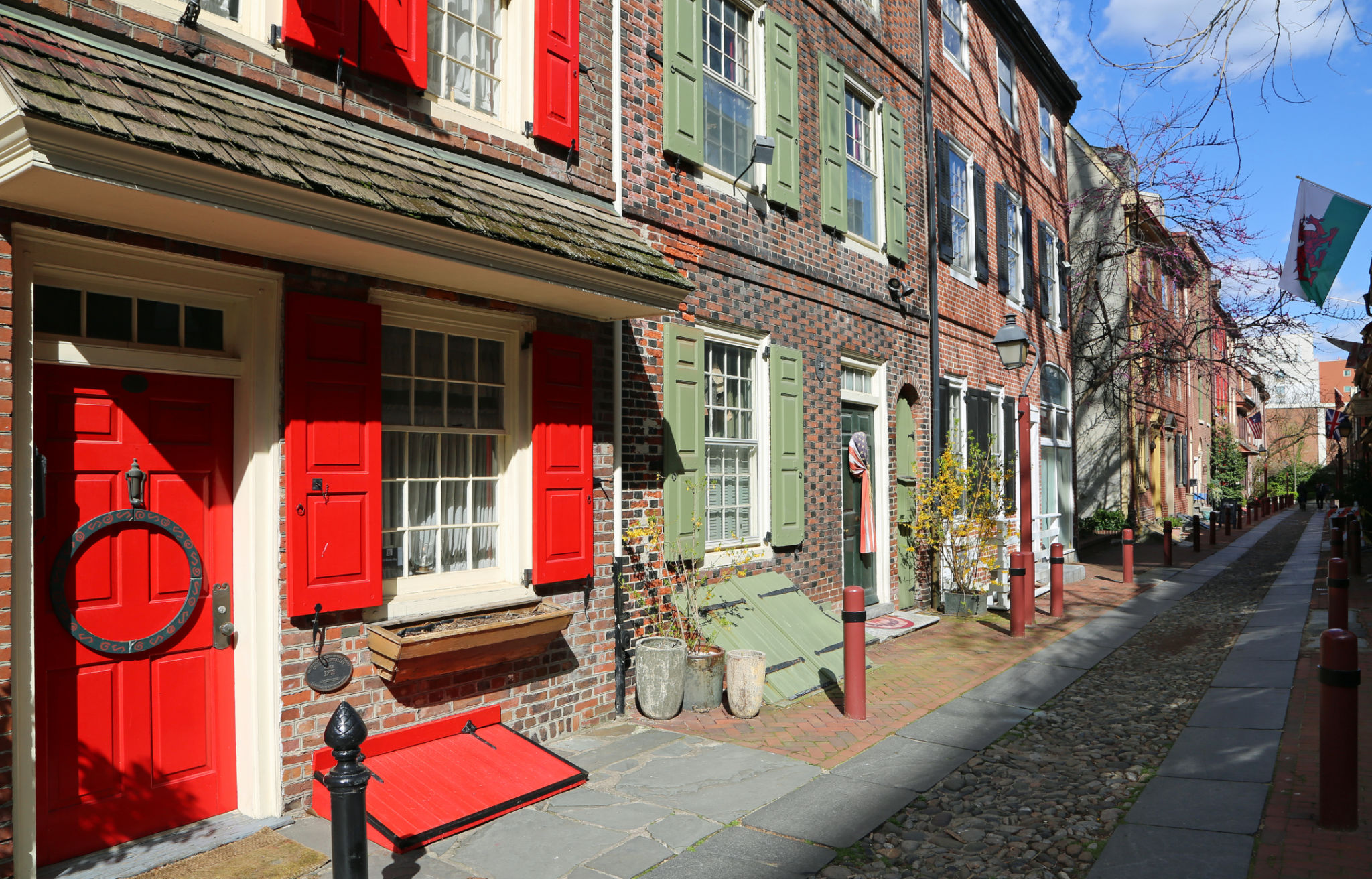Local Expertise: Navigating Philadelphia's Property Regulations
Understanding Philadelphia's Property Regulations
Navigating the complex landscape of property regulations in Philadelphia can be a daunting task for both seasoned investors and first-time homebuyers. The city’s unique blend of historical charm and modern growth brings with it a distinct set of rules and guidelines. Understanding these regulations is crucial for anyone looking to buy, sell, or invest in real estate within the city limits.
Philadelphia's property regulations are designed to preserve its historical architecture while accommodating contemporary developments. This dual focus requires a delicate balance that often involves meticulous planning and adherence to specific guidelines. Knowing the ins and outs of these regulations can save you time and money, ensuring your real estate endeavors proceed smoothly.

Zoning Laws and Their Impact
Zoning laws in Philadelphia dictate how properties can be used and developed. These laws are crucial in maintaining the city's structural integrity and ensuring that neighborhoods retain their character. Familiarizing yourself with the zoning map of Philadelphia is an essential first step in any real estate project.
The city's zoning regulations categorize areas into different types, such as residential, commercial, or industrial. Each category has its own set of rules regarding what can be built and how properties can be utilized. It's important to consult with local experts or a knowledgeable real estate attorney to ensure compliance with these laws during your project planning phase.

Historical Preservation and Building Codes
Philadelphia is renowned for its rich history and iconic architecture, much of which falls under historical preservation regulations. If you're looking to buy or renovate a property in one of the city's historic districts, you'll need to adhere to stringent guidelines that protect these cultural landmarks.
Building codes in Philadelphia also emphasize safety and sustainability. Whether you're constructing new buildings or renovating existing ones, compliance with the latest building codes is non-negotiable. These codes cover a wide range of aspects, from structural integrity to energy efficiency, and require thorough understanding and implementation.

Licenses and Permits
Before commencing any construction or renovation project, acquiring the necessary licenses and permits is a must. Philadelphia requires permits for a variety of activities, including but not limited to electrical work, plumbing, and demolition. The process can be intricate, often involving multiple city departments.
Ensuring that you have all the required permits in place not only keeps your project legal but also helps avoid costly fines and delays. Engaging with local agencies early on can streamline the process, enabling you to focus on the actual work rather than getting bogged down by administrative hurdles.
The Role of Local Experts
Partnering with local experts can be invaluable when navigating Philadelphia's property regulations. Real estate agents, attorneys, and contractors familiar with the city's specific requirements can offer insights that are instrumental in overcoming bureaucratic challenges.
These professionals can guide you through every stage of your project, from initial zoning assessments to final inspections. Their expertise not only ensures compliance but also enhances the overall efficiency and success of your real estate ventures.

Staying Informed and Adaptable
Philadelphia's property regulations are subject to change, reflecting broader trends in urban development and policy shifts. Staying informed about the latest regulatory updates is key to maintaining compliance and capitalizing on new opportunities.
Regularly consulting with local experts and participating in community forums can keep you abreast of any changes. Being adaptable and proactive in your approach will help you navigate the evolving landscape of Philadelphia's real estate market effectively.
In conclusion, while navigating Philadelphia's property regulations may seem complex, understanding the key elements such as zoning laws, historical preservation guidelines, building codes, and necessary permits can make the process more manageable. Leveraging the knowledge of local experts will further ease your journey through this intricate regulatory environment.
